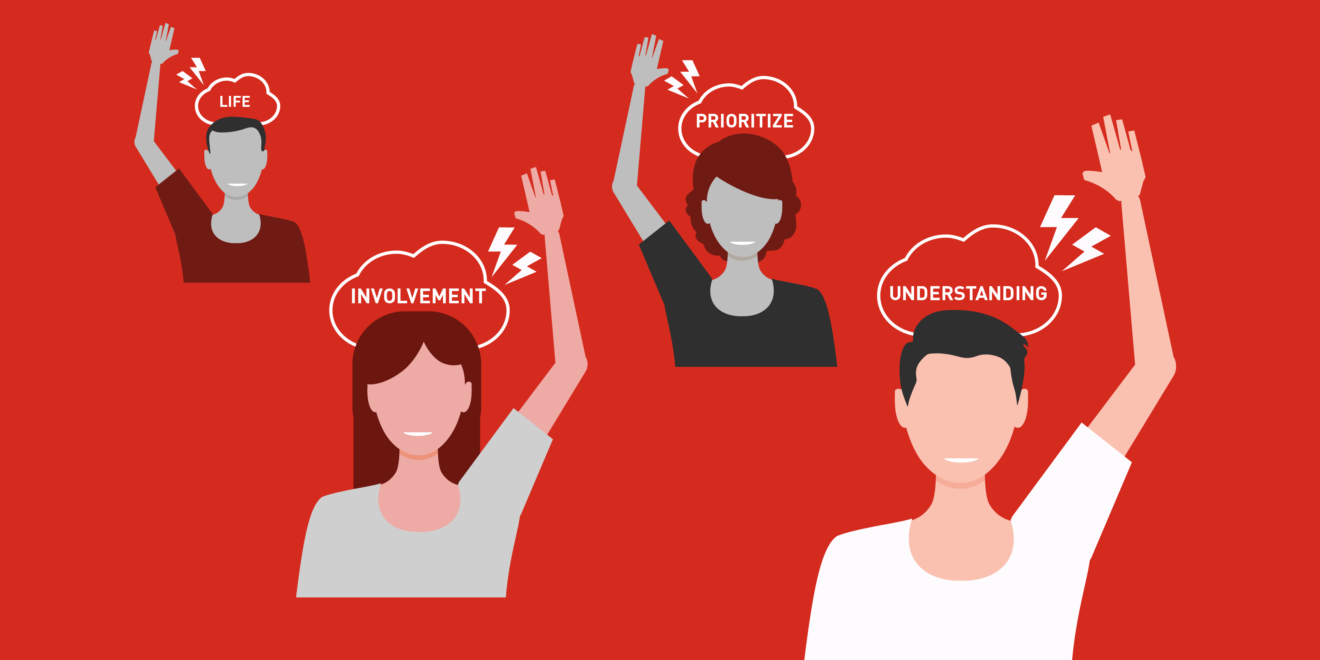Prioritizing the health and wellbeing of those with migraine is in the best interest of everyone, given the impact the disease has on societies and health care systems as a whole.
Imagine going through life coping and not living. A life riddled with anxiety and uncertainty where you feel unable to plan the simplest of professional, personal, or social activities for fear of your illness flaring up? Such is the life of some people – those who live with migraine.
MEP Aldo Patriciello, ITRE and ENVI Committees, said:
“The idea that people in this society aren’t able to fully participate in life and their community is disheartening. For people with migraine, a serious neurological condition, life can be quite challenging given the fractured services provided to them and the debilitating nature of the condition. Even if we’re not directly impacted by migraine, we should extend more than our empathies to these families, but show a genuine commitment to improving their journey.”
The burden of migraine has been well documented and its significant impact on an affected person’s quality of life is clear. Some quality-of-life impediments beyond an attack can be a cause for major concern and merit greater attention. This is the interictal burden — the impairment in daily living experienced between attacks — and it can be detrimental to the wellbeing of someone with migraine. However, it’s not currently commonly assessed and addressed. The anxiety due to anticipating the next migraine attack or curtailing activities that may trigger it, is linked to social exclusion and has a negative impact on an individual’s life₂. Sometimes these effects can be bad as the migraine pain andassociated symptoms that many with migraine feels limit their lives. It’s also why the migraine community need to ensure the right provision of care is available, to all in Europe regardless of the member country in which they live.
Elena Ruiz de la Torre, executive director, European Migraine & Headache Alliance (EMHA), said:
“People with migraine want to be able to live a ‘normal’ life free from the incapacitating effects of the disease. They can sometimes spend long periods of time in darkness and isolation each month, which, as one can imagine, makes conventional ways of functioning a challenge. It’s difficult to be ‘present’ when experiencing feelings of pain, emotional distress, helplessness, an inability to concentrate and lack of understanding among friends, family and colleagues. The hope of every person with migraine is to be able to plan and contribute to society in ways they want to by being able to prevent, reduce – and effectively obtain relief from pain – when migraine attacks occur.”






